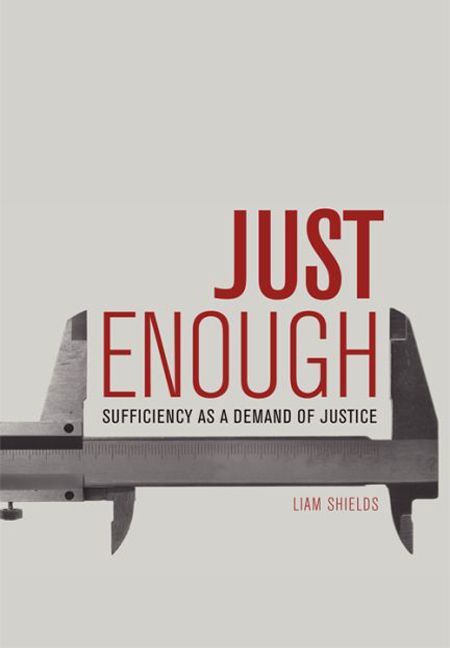3 - The Principle of Sufficient Autonomy
Published online by Cambridge University Press: 20 April 2017
Summary
In the last chapter I argued that we should re-examine the prospects for sufficientarianism because once we have clarified the two claims that comprise the structure of sufficientarian principles, we see that they can avoid the objections that have brought them into disrepute. In this chapter I begin that re-examination by arguing for a principle of sufficient autonomy, but before I begin it is worth restating what is meant by the prospects for sufficientarianism.
The prospects for sufficientarianism are a function of two factors: (1) the indispensability of specific sufficiency principles; and (2) the extent of the role those principles should play in our thought about practical debates. Our first task in examining the prospects for sufficientarianism is to see if there are any indispensable sufficientarian principles. Only then can we ask how many there are and the extent of the role each should play in our thought about practical debates.
In the final part of Chapter 2, I discussed two ways of testing whether it is plausible to think that there is a shift and thus, whether there are any indispensable sufficientarian principles in a complete and sound theory of distributive justice. In explaining this first line of argument I claimed that the positive thesis and the shift thesis, taken together, make claims about the kinds of reasons that we have, and that the shift thesis and the positive thesis can be explained by appealing to reasons that are non-instrumental, non-egalitarian, weighty and satiable. These reasons I have called ‘sufficientarian reasons’. Sufficientarian reasons support a shift because if some of our reasons to benefit people are of this kind, then once that reason has been sated, our overall profile of reasons to benefit people will change.
In this chapter I will explore this line of argument and, in particular, I will use it to defend a principle of sufficient autonomy as indispensable. In Chapter 4 I show that this principle should have an extensive role in our thought, particularly with respect to practical debates about schooling, and thus show that the second factor that influences the prospects for sufficientarianism is enhanced.
Introduction
The sufficientarian reason that I will defend in this chapter is the reason we have to form beliefs about the good life under the conditions of freedom.
- Type
- Chapter
- Information
- Just EnoughSufficiency as a Demand of Justice, pp. 44 - 81Publisher: Edinburgh University PressPrint publication year: 2016



